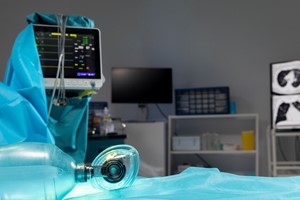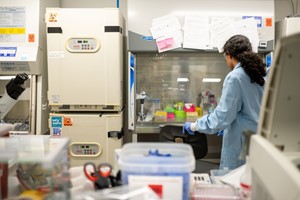A recent study published in the journal Health Policy and Technology has shed light on the substantial financial interactions between medical device companies and healthcare organizations in the UK. The research, conducted by Dr. James Larkin from RCSI University of Medicine and Health Sciences, Dublin, and Dr. Piotr Ozieranski from the Centre for the Analysis of Social Policy, University of Bath, highlights concerns regarding potential conflicts of interest and transparency shortcomings within the healthcare sector.
According to the study, UK hospitals, universities, and other healthcare institutions received over €37 million in 'education' payments from medical device firms between 2017 and 2019. These payments, which are intended to support the education of healthcare professionals through fellowships, grants, scholarships, and educational events, have raised questions about the impartiality of medical decision-making processes.
The report underscores that while these payments are voluntarily reported to a database run by MedTechEurope, a medical device trade body, there is a lack of statutory requirements for medical companies to disclose such financial transactions. As a result, the recorded payments are believed to represent only a fraction of the actual cash flow between healthcare providers and medical device companies.
Key findings from the study include:
- The UK ranked as the third-highest recipient of 'education' payments, receiving over €37 million, behind Switzerland and Spain.
- Leading recipients of these payments in the UK include Guy's and St Thomas' NHS Foundation Trust and The London School of Hygiene & Tropical Medicine.
- Johnson & Johnson Medical, Abbott Laboratories, and Boston Scientific were identified as the top three companies making these payments, totaling over €261 million combined.
Dr. James Larkin, the lead author of the study, expressed concerns about the potential impact of these financial relationships on patient care. He emphasized that the influence of financial incentives on clinical practice raises significant ethical questions and could undermine the integrity of healthcare decision-making.
Dr. Piotr Ozieranski, co-author of the study, highlighted the lack of transparency surrounding these financial transactions, making it difficult for stakeholders, including patients, journalists, policymakers, and regulators, to assess potential conflicts of interest. He called for the implementation of recommendations, such as those proposed by Baroness Cumberlege's independent review, to mandate disclosure of financial payments and benefits offered by medical device manufacturers to healthcare professionals and providers.
The authors also pointed out the disparities in transparency between the medical device and pharmaceutical industries, with the latter demonstrating greater accountability in reporting financial interactions.
In light of these findings, the study emphasizes the need for enhanced transparency and accountability measures within the healthcare sector to safeguard against conflicts of interest and uphold patient trust. Efforts to establish an EU-mandated system of disclosure for both the medical device and pharmaceutical industries have been proposed as potential solutions to address these shortcomings.
As discussions around healthcare transparency and integrity continue, stakeholders are urged to prioritize patient-centered care and ethical decision-making practices to maintain the highest standards of healthcare delivery.
medicalexpress.com












